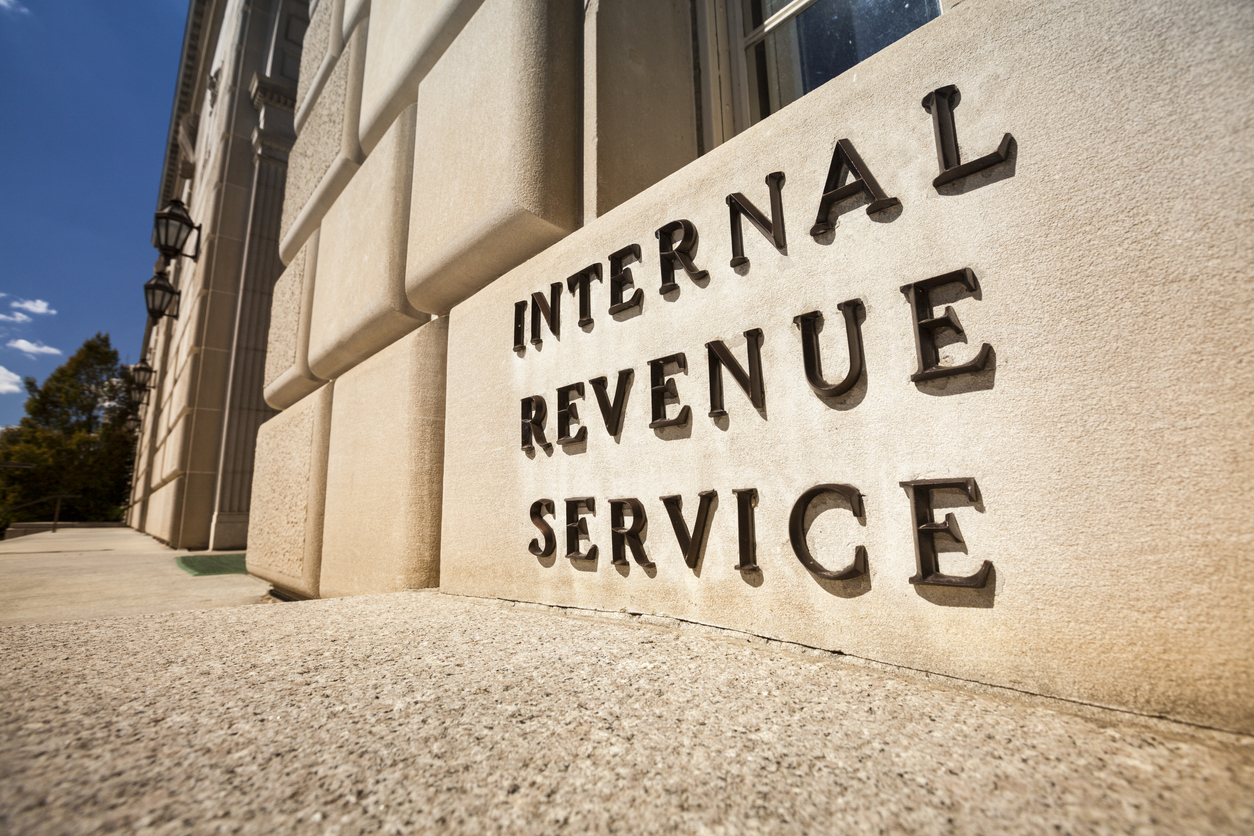Older Americans often to have two things in common: a lifetime of careful savings under their belt, and a desire to do the right thing. Unfortunately, those two admirable traits can also make them vulnerable to scammers. Below are some of the top financial scams against seniors of the past year. Many of the scammers are still out there, so adopt the old adage, “Forewarned is forearmed,” and protect yourself.
IRS Impersonation Fraud
A scam by persons impersonating IRS agents topped a 2017 Senate ranking of the scams aimed at bilking senior citizens out of their hard-earned money. You likely received a call from someone involved in this pervasive operation, or know someone who did. The scam involves individuals based in India or the United States who call Americans alleging an unpaid tax debt, and threatening arrest if payment is not immediately forthcoming. Approximately two million people have been targeted to date, and this is only one of several scams that use the IRS name.
The IRS will never call you asking for personal information like bank account numbers or your Social Security Number. If someone does, don’t give it.
“Grandma, Help!”
Few things tug at the heartstrings of a grandparent like the thought of a beloved grandchild in distress. Unfortunately, scammers know this and are all too willing to take advantage of a grandparent’s tender heart and plump wallet. The way the scam works is that an individual will call and tell a grandparent that their grandchild is injured, in jail, or stranded abroad and needs money for hospital bills, bail, or travel expenses. The scammer may pretend to be the grandchild or someone in a position to help them.
The scammer helpfully offers to take financial information on the phone and get the money to the grandchild. Of course, it turns out there is no crisis, and the money evaporates into the wind along with the scammer. Never give financial information to someone who calls you with such a claim; verify the need independently. A caller who is unwilling to give you time to do so is almost certainly a scammer.
A Problem in Your Computer
Another widespread scam involves someone calling your home phone and declaring that they work with a major technology company and have detected a problem with your computer. They will often reference the name of a company such as Microsoft without claiming to be directly from that company. These scammers persuade their victims to allow remote access to their home computers, allegedly to search for and eradicate supposed viruses. They then request credit card information to pay for this “tech support.”
Bottom line: there are no benevolent tech angels monitoring your computer for problems from afar. Don’t allow anyone you don’t already know and trust remote access to your computer, and never give out your credit card information to someone who has called you on the phone.
Elder Financial Abuse Close to Home
Technology such as “robocalls” makes it possible for scammers to target and reach a greater number of potential victims than ever before. But financial abuse of elders need not come through high tech means and people you’ve never met.
Unfortunately, people you know, whom you would hope would never take advantage of you, may do just that. A friend, caretaker, or even a family member may use your computer or look through your files and gain access to your financial data, including Social Security numbers, bank accounts, credit card numbers, and more. Someone who has access to your home could even steal and forge a check numbered far ahead of those in your checkbook, meaning you might not notice it missing for months.
Keep your financial records and materials under lock and key, and be very careful about whom you allow to access them and why. If you’re in a nursing home that holds and maintains some personal funds for you, have someone you trust keep a close eye on how that account is managed.
Federal Help for Fighting Elder Financial Abuse
Though all the low- and high-tech financial abuse in the news can make it seem like the only safe place for your money is under your mattress, there is good news.
The Elder Abuse and Prevention Act, sponsored by Senator Chuck Grassley of Iowa, is likely to become law in 2017. This Act has received widespread support from groups that advocate for seniors, and offers a number of beneficial protections, including:
- Increased penalties for e-mail and telemarketing fraud against seniors;
- Increased training from the Justice Department on elder abuse for state and local governments;
- At least one Justice Department attorney in each federal judicial district would focus efforts on fraud against seniors;
- Significantly increased data collection on elder abuse, which is expected to highlight the prevalence of this problem.
The Elder Abuse and Prevention Act does not focus only on financial abuse of seniors, but on physical abuse, neglect, and other forms of elder abuse as well. To learn more about financial abuse of seniors and how to protect yourself or a loved one, we invite you to contact our firm.




